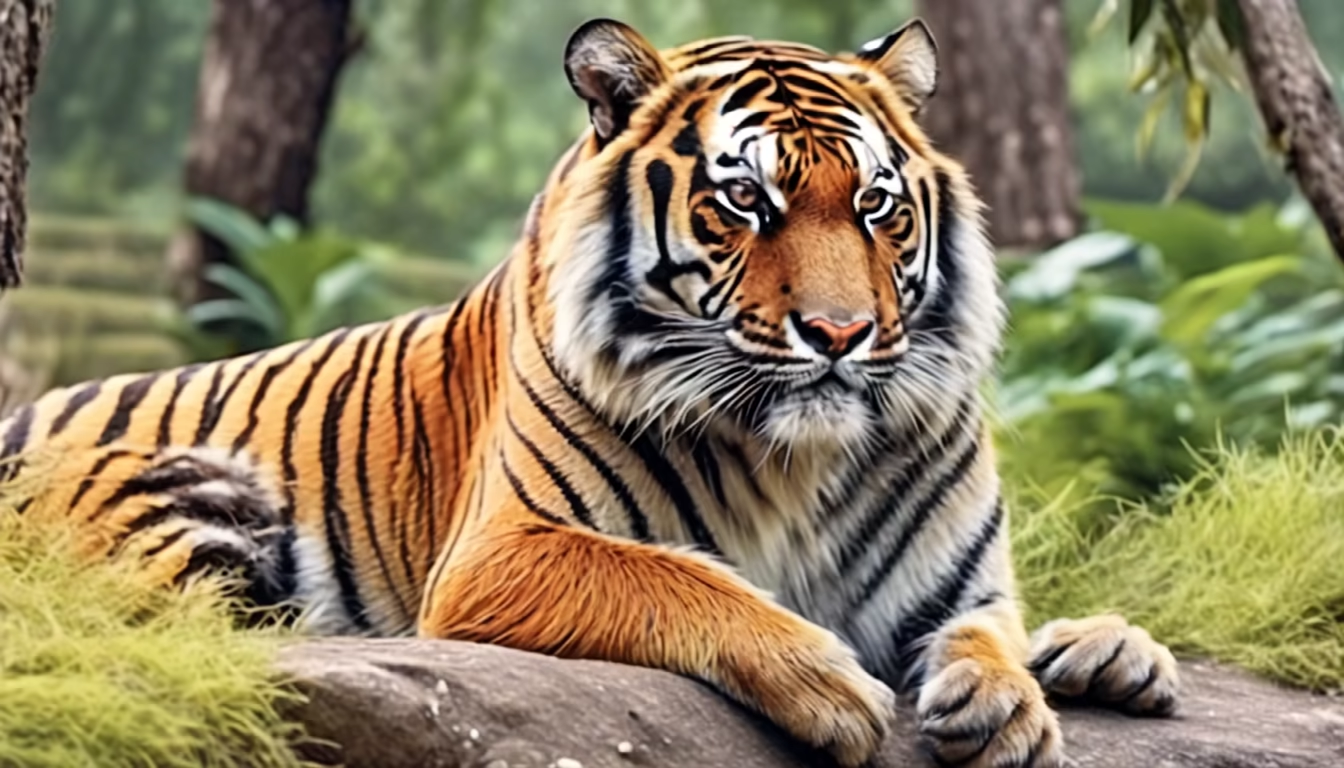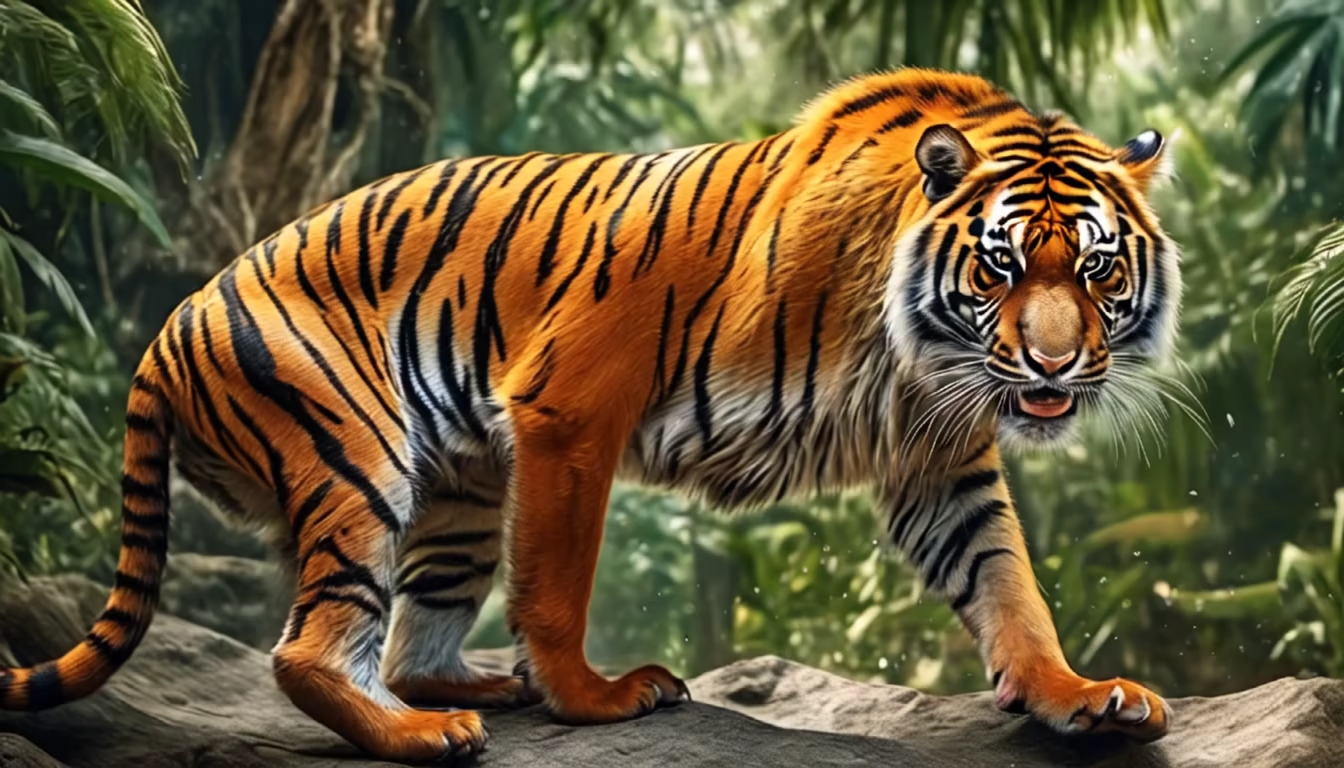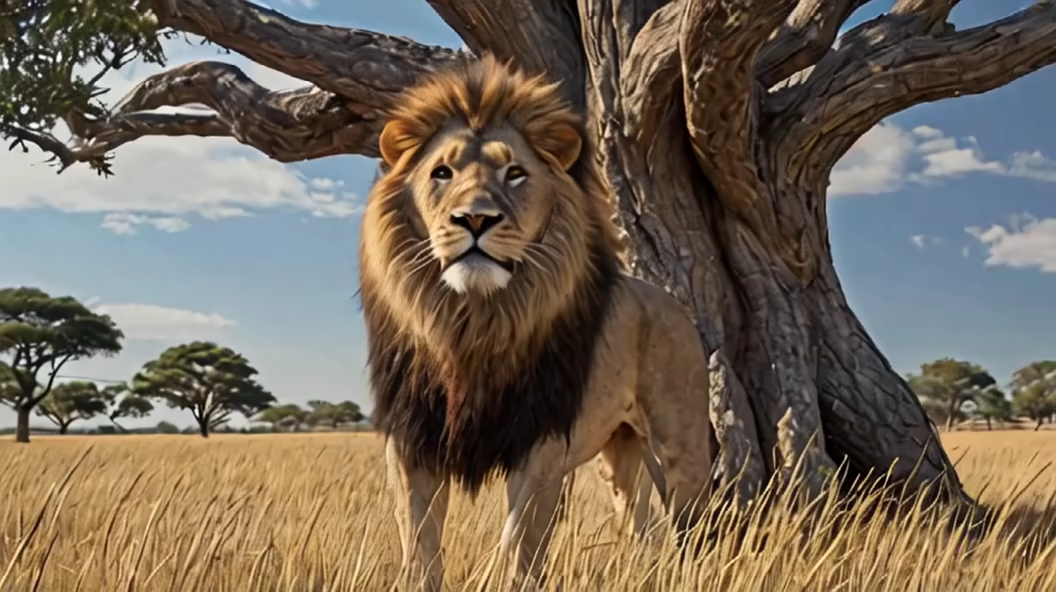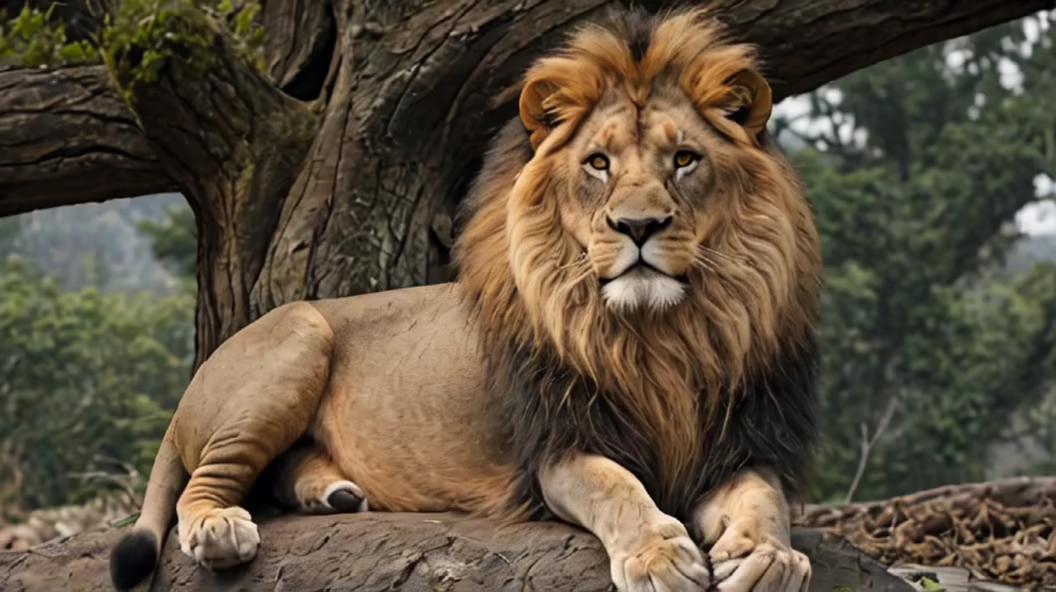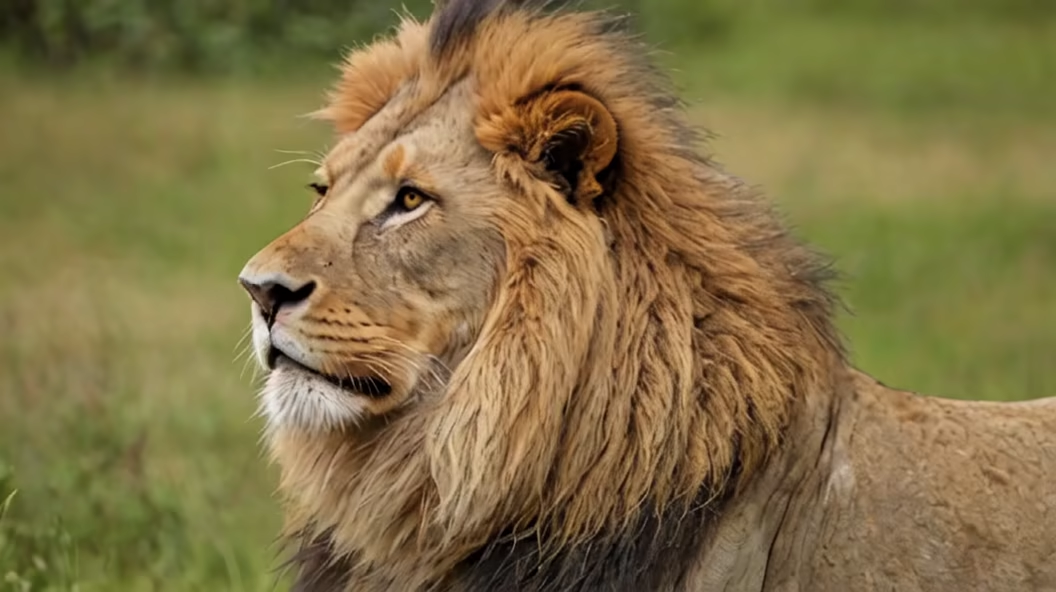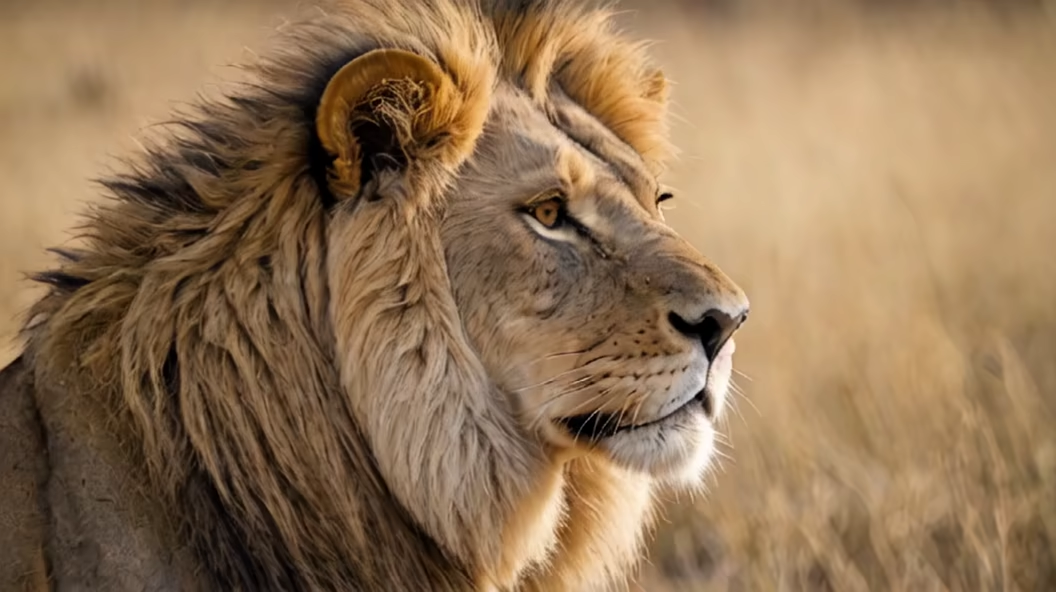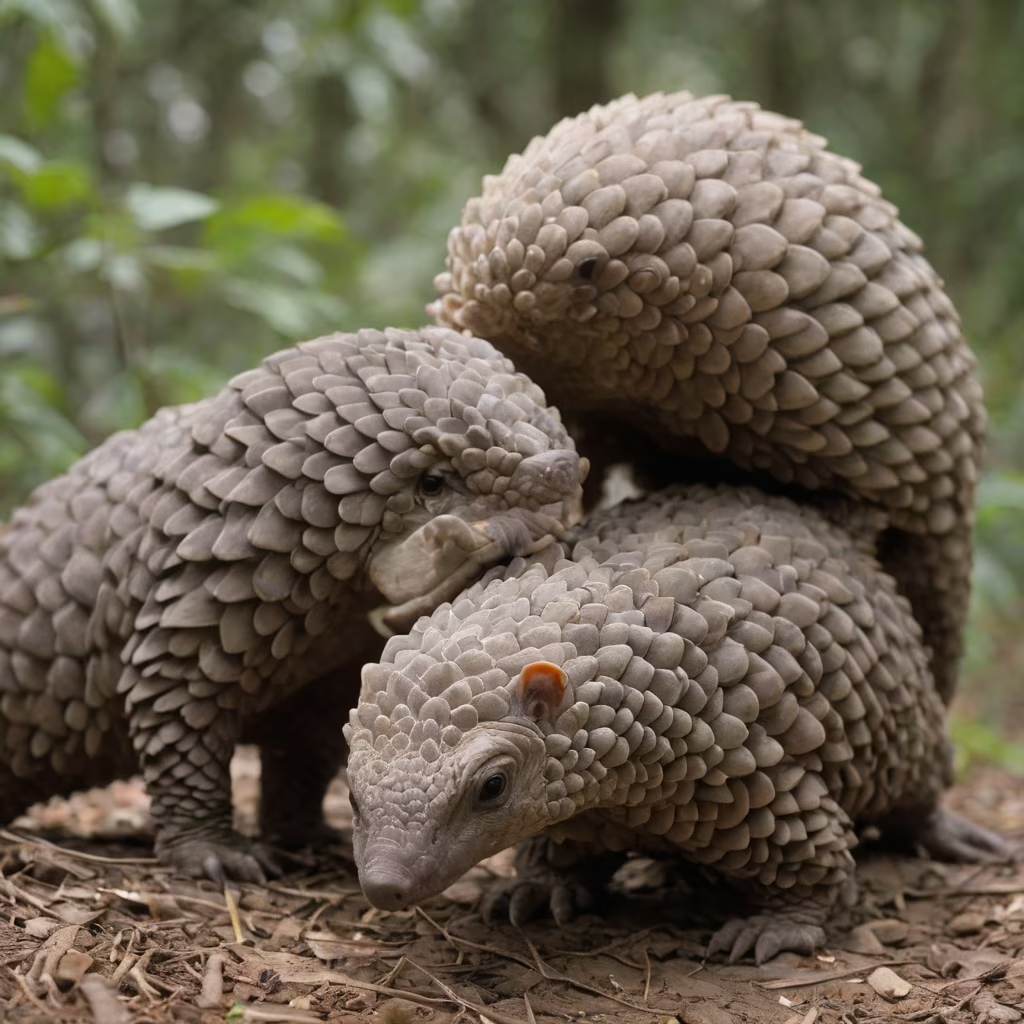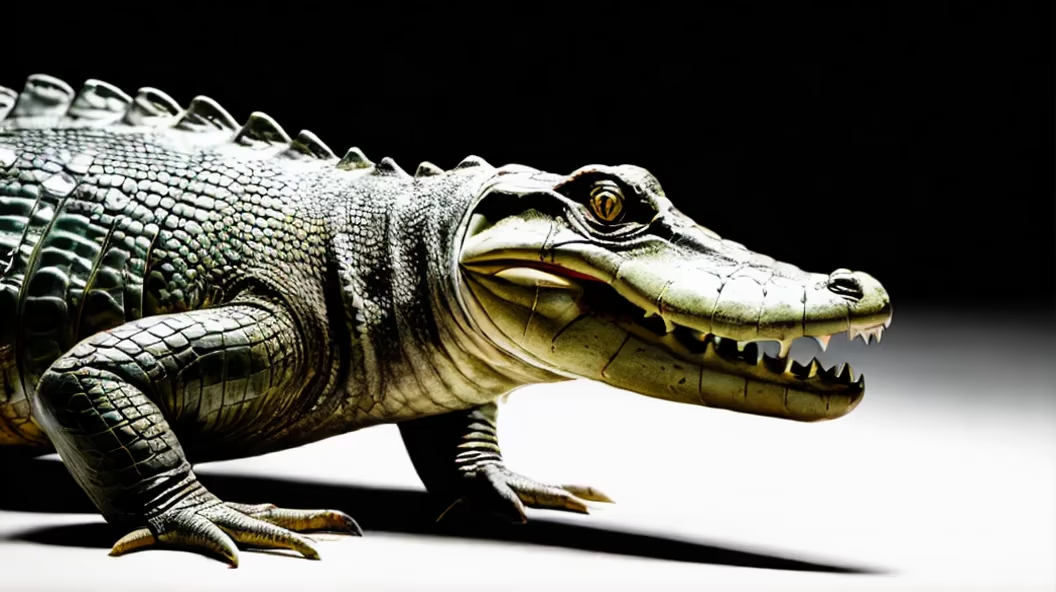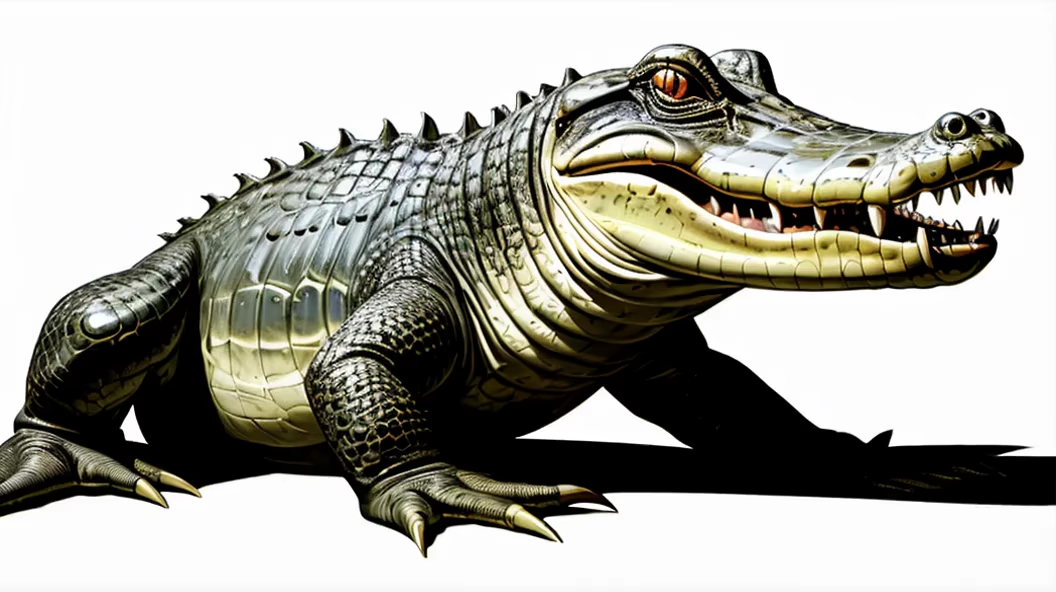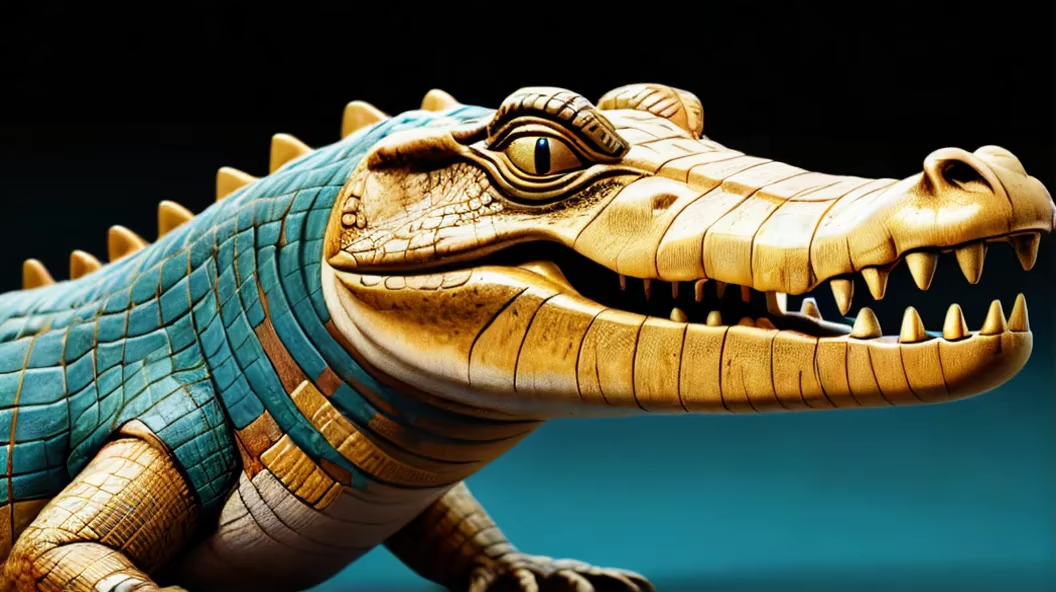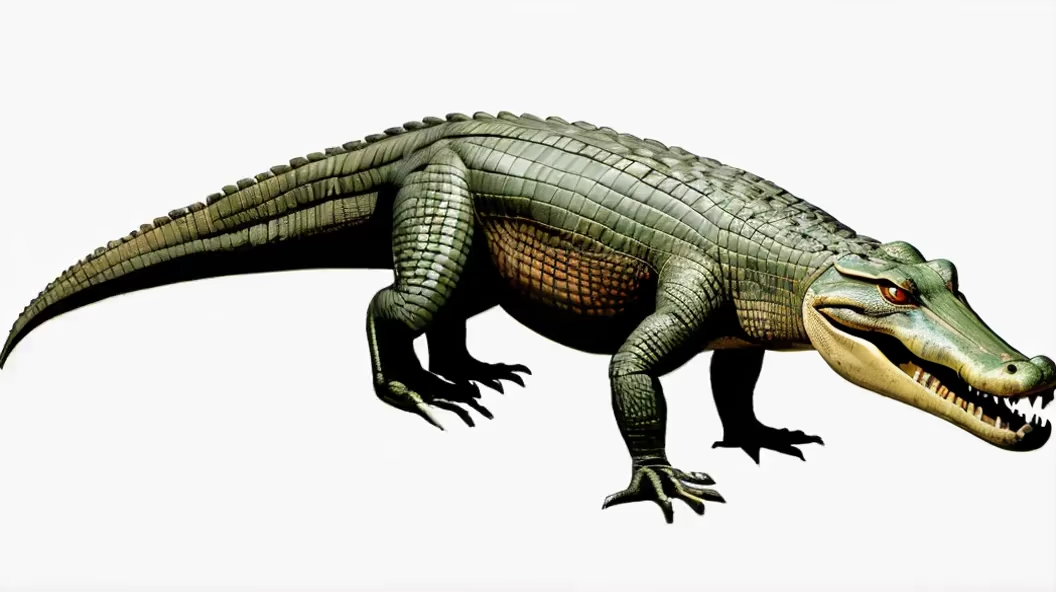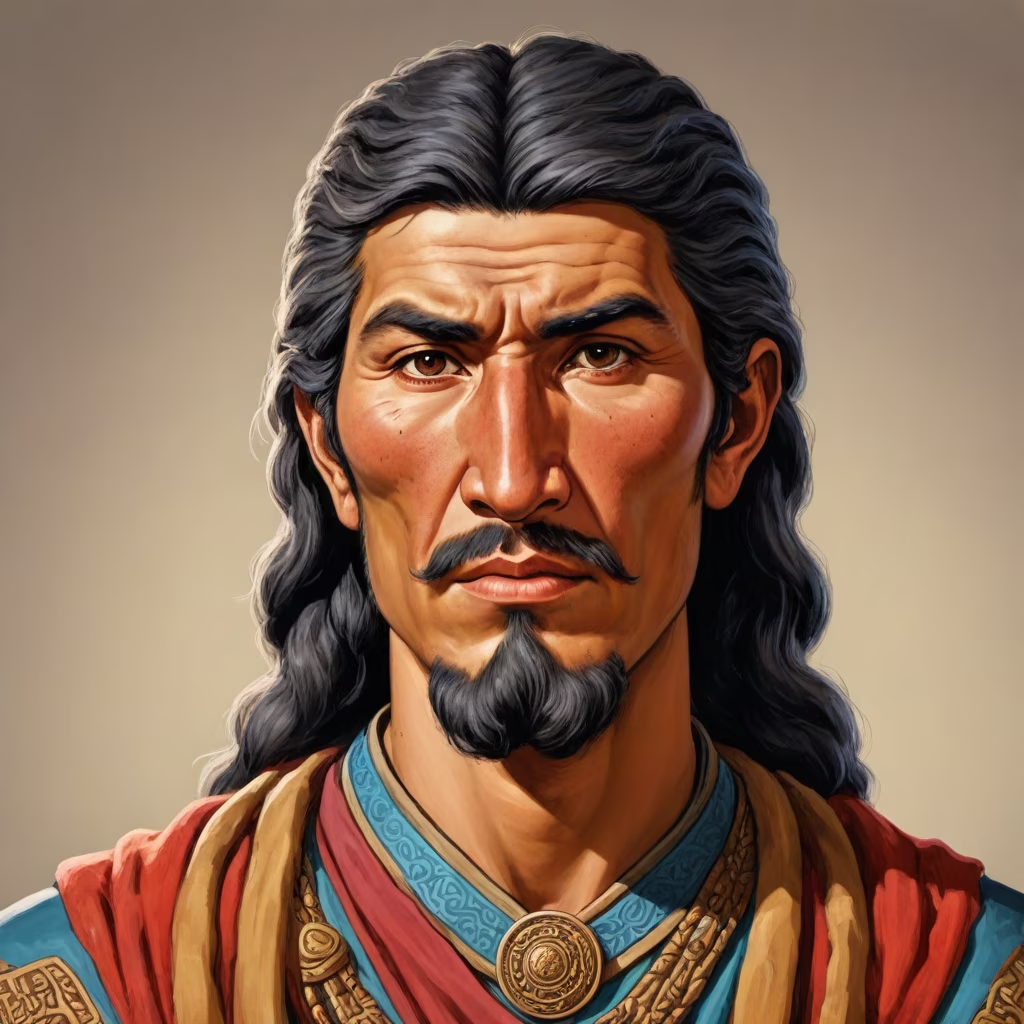Prompt: Panthera leo Canis lupus Loxodonta africana Pavo cristatus Alligator mississippiensis Phocoena sinus Ursus maritimus Rhincodon typus Struthio camelus Corvus corax


Prompt: PantheraleoCanislupusLoxodontaafricanaPavocristatusAlligatormississippiensisPhocoenasinusUrsusmaritimusRhincodontypusStruthiocamelusCorvuscorax


Prompt: In the realm of minimalist art, Panthera Leo reduced to bold lines, Canis Lupus as a simple silhouette, Loxodonta Africana with geometric shapes, Pavo Cristatus a single stroke, Alligator Mississippiensis abstract, Phocoena Sinus fluid curves, Ursus Maritimus a white silhouette, Rhincodon Typus streamlined, Struthio Camelus elongated lines, Corvus Corax a single shape.


Prompt: Armadillo bear camel dove eel fox gerbil hyena iguana jerbil kangaroo lion monkey narwhal octopus peacock quoll ram salamander tapir unicorn vulture wombat xerus yak zebra


Prompt: Armadillo bear camel dove eel fox gerbil hyena iguana jerbil kangaroo lion monkey narwhal octopus peacock quoll ram salamander tapir unicorn vulture wombat xerus yak zebra






Prompt: Armadillo bear camel dove eel fox gerbil hyena iguana jerbil kangaroo lion monkey narwhal octopus peacock quoll ram salamander tapir unicorn vulture wombat xerus yak zebra




Prompt: African Elephant, Sapling, Grassland (Woods), Antelope, Zebra, Tiger, LionThe African Elephant is a keystone species that devours saplings to ensure that grasslands do not turn into woods, so that the herbivores on the savannah have enough grass to graze on, and also to help the large carnivores get a good supply of prey. We can represent the role of keystone species with dominoes: each card represents a species, and together they are the ecosystem. When we carefully remove the antelope domino, the other cards can remain intact, but if we remove the keystone species (the African elephant), it's like knocking down the series of dominoes and the whole ecosystem collapses


Prompt: In the depths of the lush jungle, Panthera Leo, the majestic lion, prowled with grace, his golden mane flowing in the wind. Canis Lupus, the mighty wolf, followed closely, their eyes locked on their prey. Loxodonta Africana, the magnificent African elephant, trumpeted in the distance, while Pavo Cristatus, the regal peacock, displayed its vibrant plumage. Alligator Mississippiensis, the fearsome alligator, lurked in the murky waters, ready to strike. Phocoena Sinus, the playful dolphin, leaped joyfully in the ocean waves. Ursus Maritimus, the polar bear, stood proudly on the icy tundra, its white fur glistening under the Arctic sun. Rhincodon Typus, the gentle whale shark, glided gracefully through the azure waters. Struthio Camelus, the ostrich, sprinted across the vast savannah, its long neck held high. Corvus Corax, the cunning raven, perched on a branch, its dark feathers shimmering in the moonlight. Each creature, with its unique beauty and strength, contributed to the tapestry of the natural world.


Prompt: I would like to have a mixture of a chimpanzee and a crow. This animal will have the head of a chimpanzee on the body of a crow. And I want the head to face a grimace

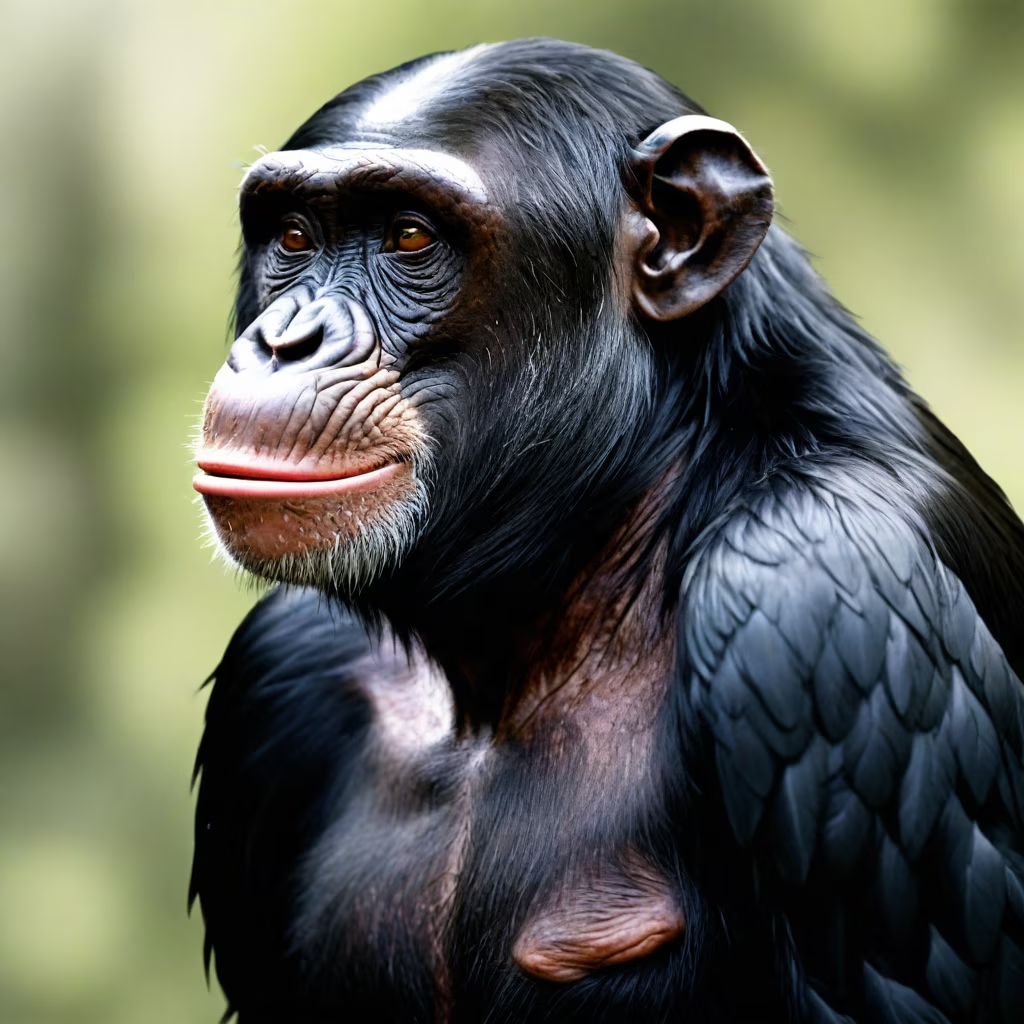
Prompt: Realistic oil painting of a couple embracing, with focus on their faces and the way they look at each other, by John Singer Sargent, soft lighting and intricate details capturing the emotions in their expressions. The background is blurred to emphasize the connection between the two figures.


Prompt: In a surreal realm where reality blended with imagination, a mesmerizing scene unfolded. Rendered in a captivating 3D style, Panthera leo, Canis lupus, Loxodonta africana, Pavo cristatus, Alligator mississippiensis, Phocoena sinus, Ursus maritimus, Rhincodon typus, Struthio camelus, and Corvus corax morphed into fantastical forms. Their vibrant colors and exaggerated features created a dreamlike tableau, celebrating the boundless creativity of the mind.










Prompt: Everything in the world, such as mice, birds, elephants, snakes, horses, tigers, foxes, wolves, lions, eagles.width:1344 height:768
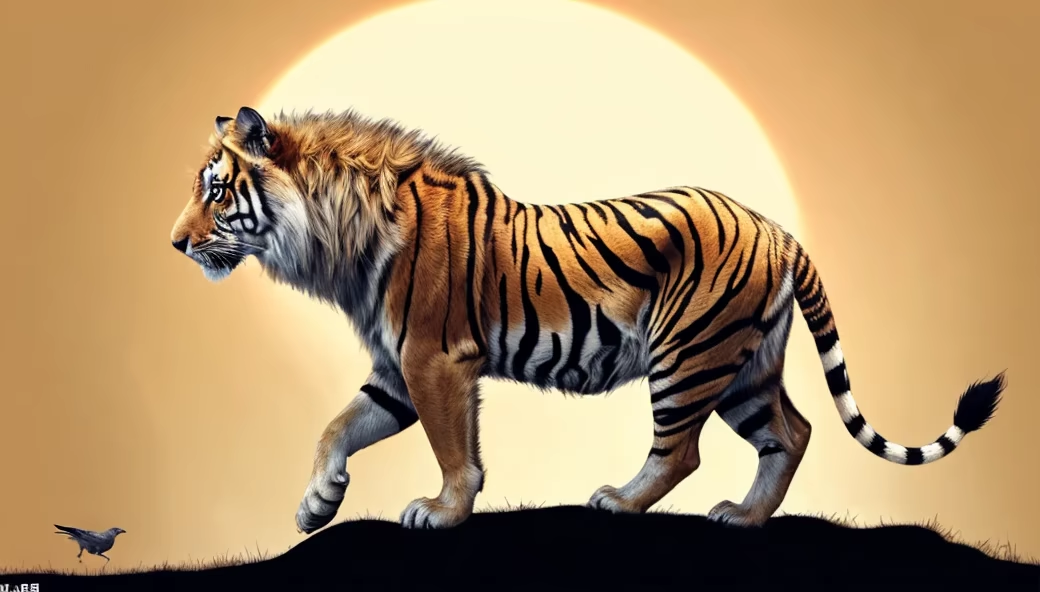
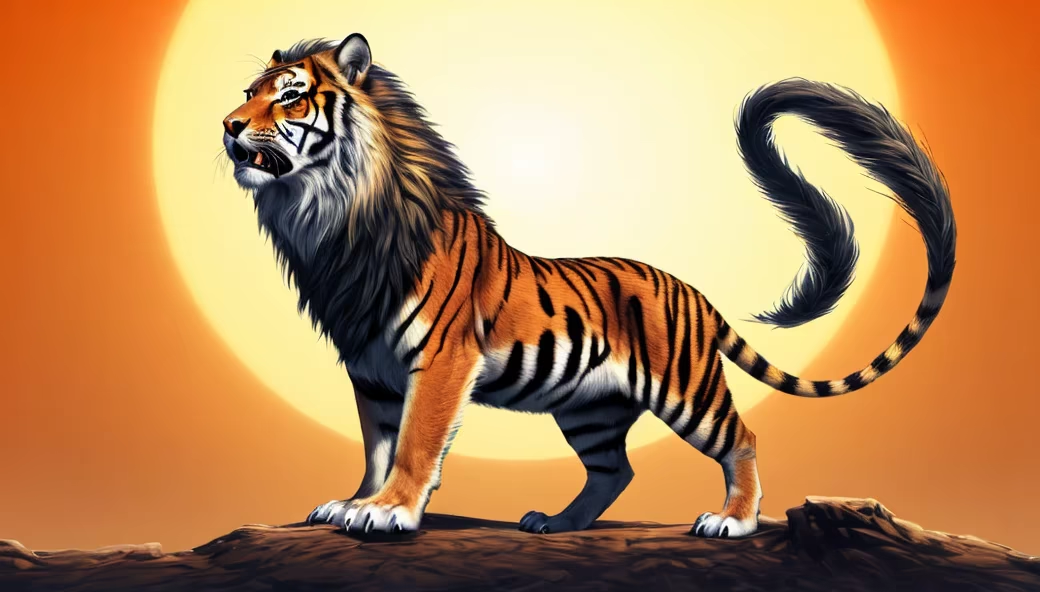
Prompt: Everything in the world, such as mice, birds, elephants, snakes, horses, tigers, foxes, wolves, lions, eagles.width:1344 height:768


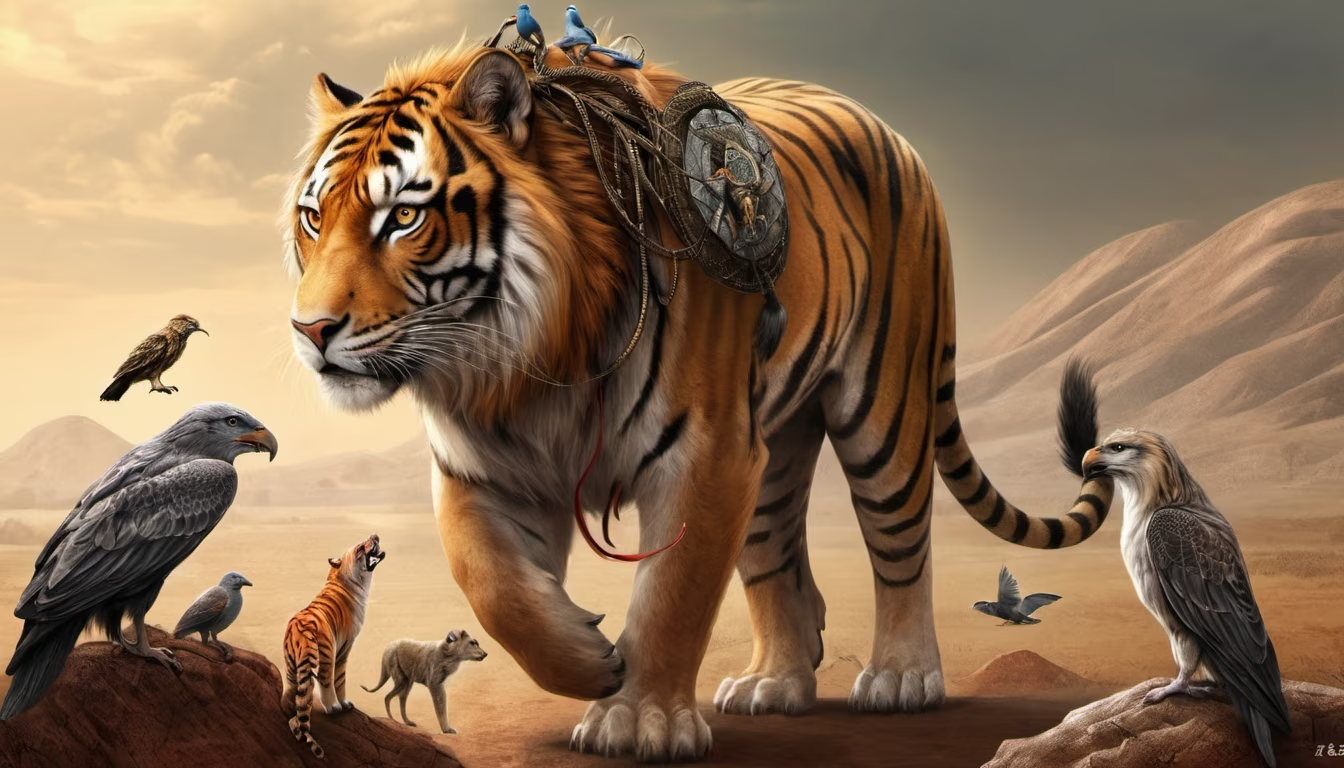
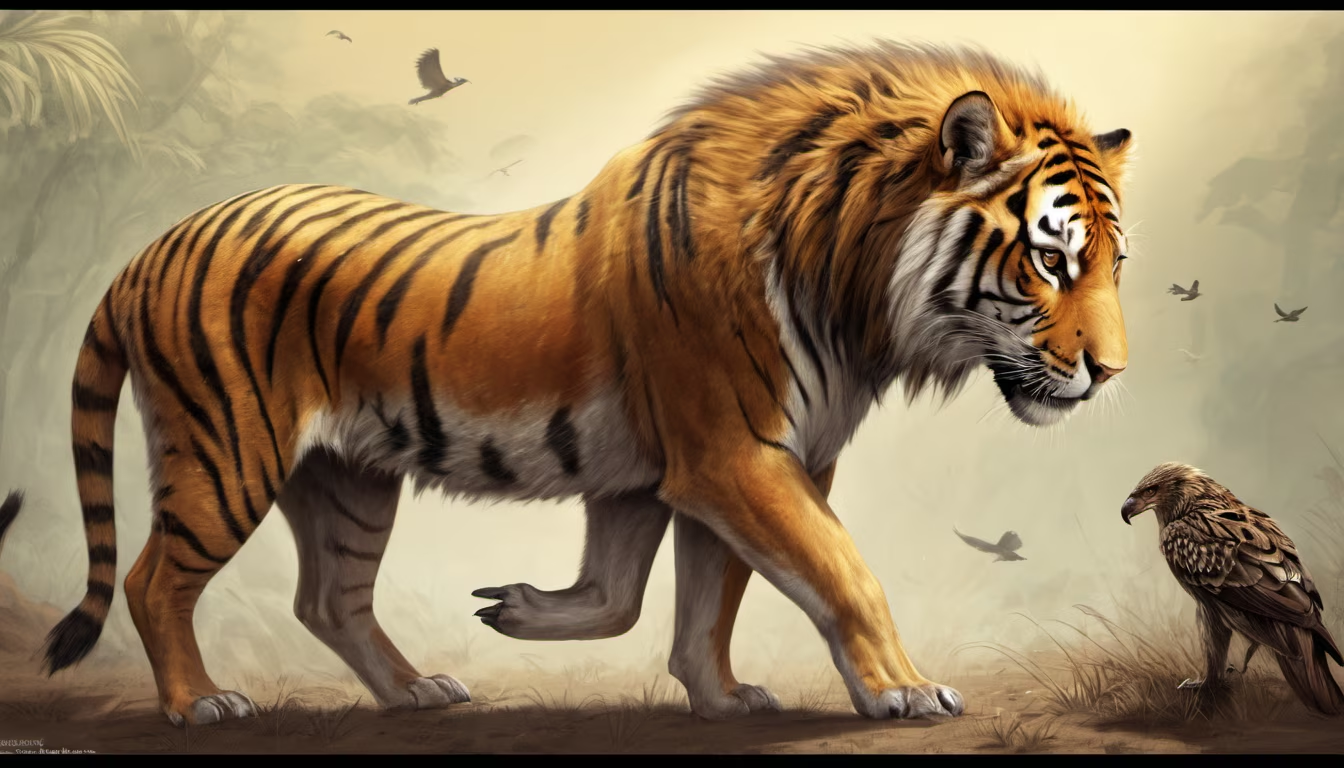
Prompt: Everything in the world, such as mice, birds, elephants, snakes, horses, tigers, foxes, wolves, lions, eagles.width:1344 height:768


Prompt: Everything in the world, such as mice, birds, elephants, snakes, horses, tigers, foxes, wolves, lions, eagles.width:1344 height:768


Prompt: evolution from chimpanzee can be understood by examining the shared ancestry and the subsequent development of distinct traits that have culminated in the modern human species. Around 6-7 million years ago, humans and chimpanzees shared a common ancestor. This common ancestor likely resembled a chimp-like creature with some human-like traits. Over time, due to various environmental and genetic factors, including adaptations to new habitats and changing climates, the species diverged. One of the most notable differences between humans and chimpanzees is bipedalism or walking on two legs. The ability to walk upright is a defining characteristic of the human species and allowed our early ancestors to efficiently navigate the African savannah. This adaptation freed up the hands for other activities like tool use and eventually enabled the development of our sophisticated manual dexterity. Another significant evolution occurred in the brain. Human brains are much larger, relative to body size, compared to chimps. This increased brain size is associated with the development of higher cognitive functions, such as language, complex problem-solving, and rational thinking. The expansion of the brain also coincided with the development of more complex social structures and cultural advancements. Further differences can be observed in physical features such as the structure of the pelvis, limb proportions, and vocal apparatus. The human pelvis is wider and more bowl-shaped, facilitating bipedal locomotion and childbirth. Humans have longer legs relative to arm length compared to chimpanzees, which aids in efficient walking and running. The structure of the vocal apparatus in humans allows for a wide range of speech sounds, enabling complex language and communication. Although humans and chimpanzees have many shared genetic similarities, there have been numerous genetic changes over millions of years to produce the distinct traits observed in humans today. These changes can be attributed to a combination of natural selection, genetic mutations, and environmental pressures. In summary, human evolution from chimpanzee involved key developments such as bipedalism, larger brains, enhanced cognitive abilities, changes in physical features, and the development of complex language and culture. These evolutionary changes have led to the emergence of Homo sapiens as a distinct species, with unique characteristics that separate us from our ape relatives.
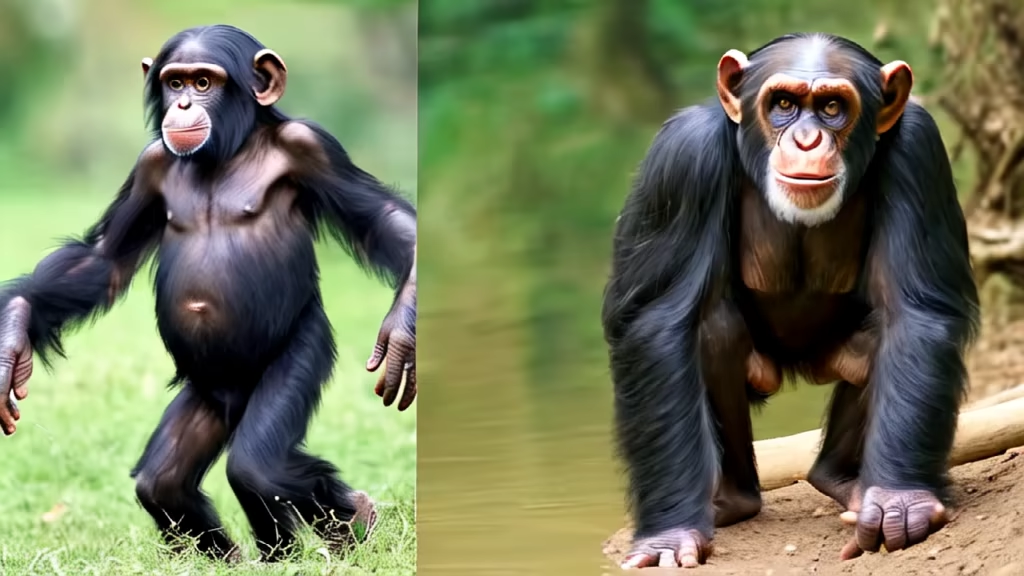
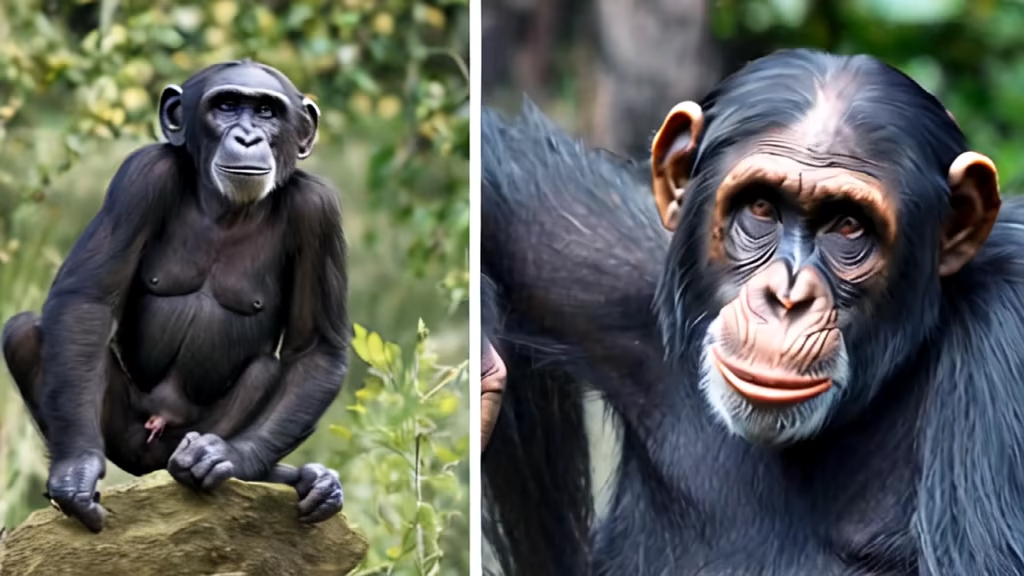
Prompt: evolution from chimpanzee can be understood by examining the shared ancestry and the subsequent development of distinct traits that have culminated in the modern human species. Around 6-7 million years ago, humans and chimpanzees shared a common ancestor. This common ancestor likely resembled a chimp-like creature with some human-like traits. Over time, due to various environmental and genetic factors, including adaptations to new habitats and changing climates, the species diverged. One of the most notable differences between humans and chimpanzees is bipedalism or walking on two legs. The ability to walk upright is a defining characteristic of the human species and allowed our early ancestors to efficiently navigate the African savannah. This adaptation freed up the hands for other activities like tool use and eventually enabled the development of our sophisticated manual dexterity. Another significant evolution occurred in the brain. Human brains are much larger, relative to body size, compared to chimps. This increased brain size is associated with the development of higher cognitive functions, such as language, complex problem-solving, and rational thinking. The expansion of the brain also coincided with the development of more complex social structures and cultural advancements. Further differences can be observed in physical features such as the structure of the pelvis, limb proportions, and vocal apparatus. The human pelvis is wider and more bowl-shaped, facilitating bipedal locomotion and childbirth. Humans have longer legs relative to arm length compared to chimpanzees, which aids in efficient walking and running. The structure of the vocal apparatus in humans allows for a wide range of speech sounds, enabling complex language and communication. Although humans and chimpanzees have many shared genetic similarities, there have been numerous genetic changes over millions of years to produce the distinct traits observed in humans today. These changes can be attributed to a combination of natural selection, genetic mutations, and environmental pressures. In summary, human evolution from chimpanzee involved key developments such as bipedalism, larger brains, enhanced cognitive abilities, changes in physical features, and the development of complex language and culture. These evolutionary changes have led to the emergence of Homo sapiens as a distinct species, with unique characteristics that separate us from our ape relatives.
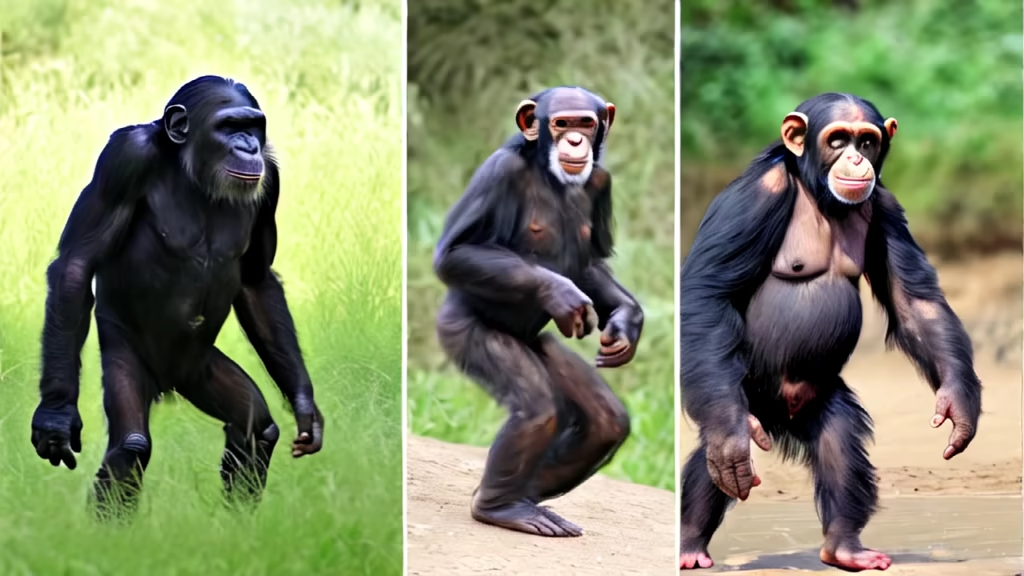
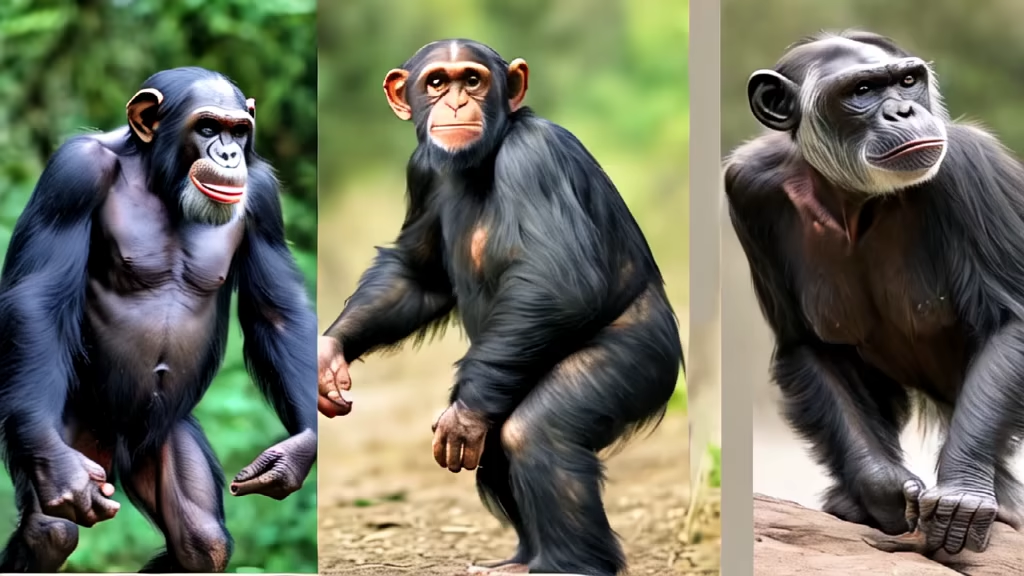


Prompt: warhammer 40000 style, prototype, concept (walker:0.9) as (t-rex:0.8), futuristic design, powerful engine, smoke, smog, sparks, clouds, piles of trash, ruins, sci-fi, cyberpunk, simple parts and designs, streamlined shape, gothic, against the background of the post-apocalyptic ruins of a metropolitan city, dark palette, colored, vibrant color, detailed background, detail, quality, design by Gerry Anderson, art by Chris Foss Johnny Bruck
Negative: animal, low quality, low detail, incorrect details, disproportionality
Style: Comic Book


Prompt: The bear forest to participate in the animal congress, tigers, lions, hippos, big statues, long deer, monkeys, zebras, pandas have come

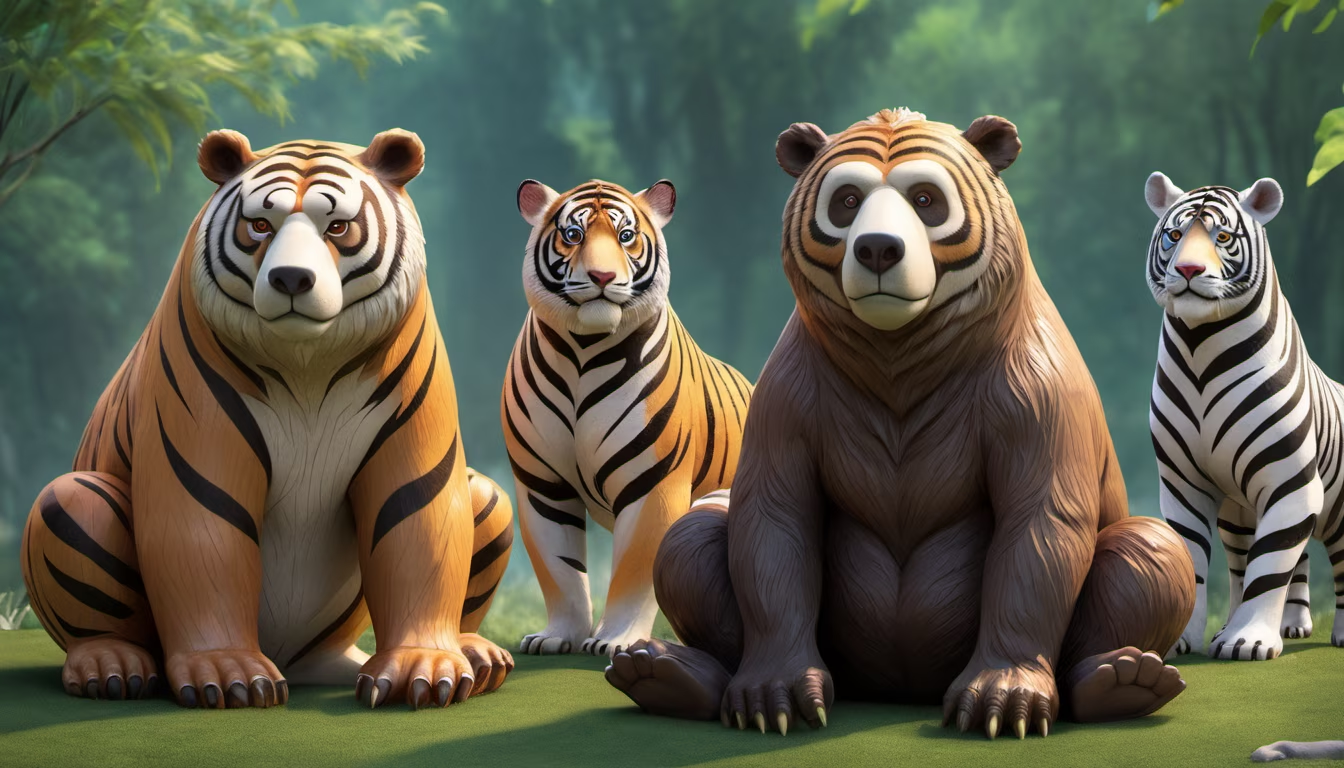
Prompt: Les cinq amis, Dina le Diplodocus, Terry le Tricératops, Raptor le Vélociraptor, Bronto le Brachiosaure, et Ptero la Ptéranodon, élaborant astucieusement leur plan pour distraire le redoutable T-Rex. Les rayons du soleil filtrant à travers les arbres de la forêt, créant une atmosphère captivante alors que Ptero déploie ses ailes majestueuses pour attirer l'attention du T-Rex, permettant aux autres de se faufiler en silence vers le trésor étincelant dans la sombre grotte préhistorique.


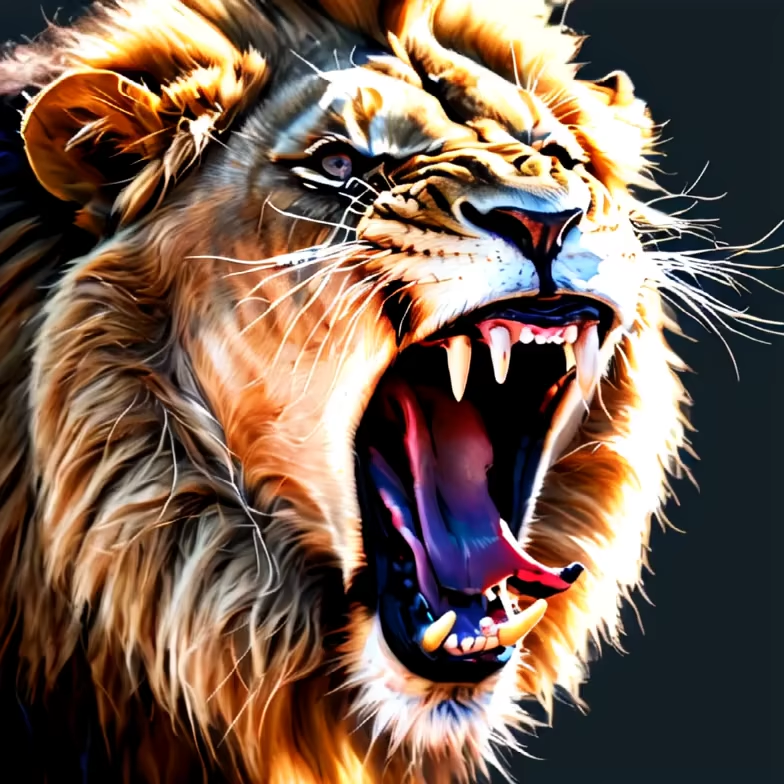
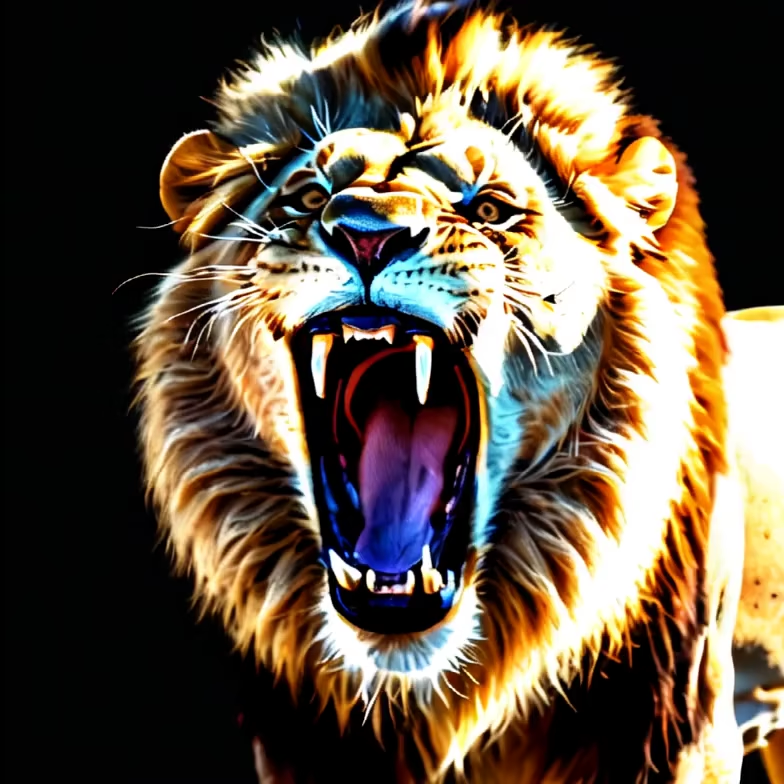
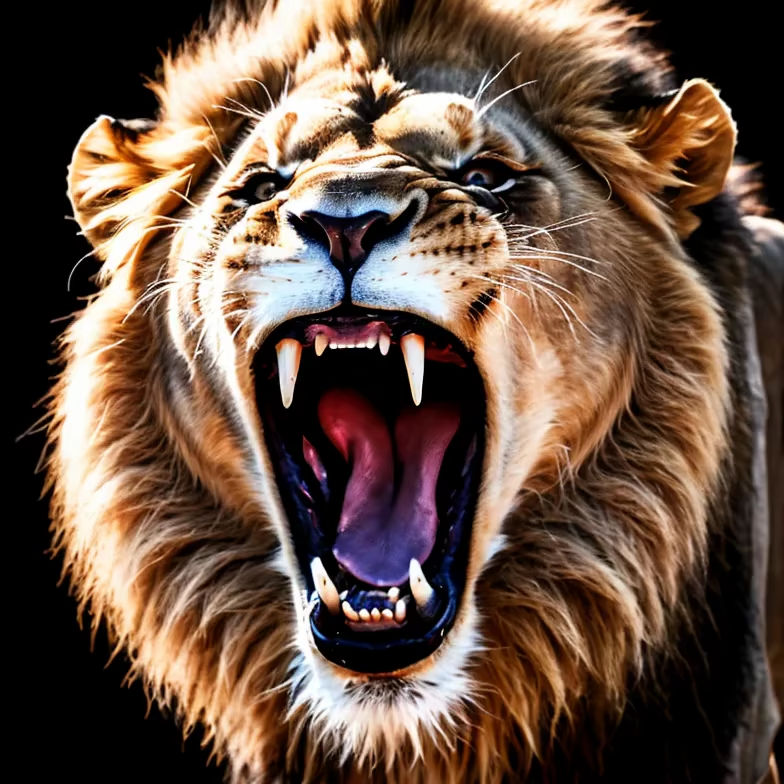
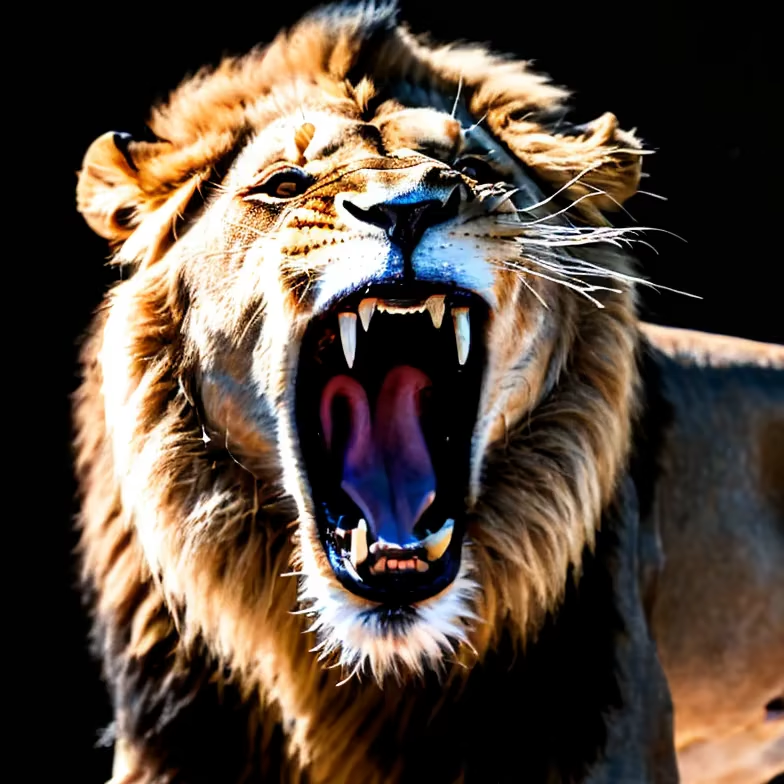
Prompt: In the realm of minimalist art, Panthera Leo was reduced to bold black lines, capturing the essence of its regal presence. Canis Lupus stood as a simple silhouette, embodying the spirit of the wild. Loxodonta Africana was depicted with geometric shapes, conveying its massive form with minimal detail. Pavo Cristatus was represented by a single elegant stroke, symbolizing its graceful display. Alligator Mississippiensis emerged as a sleek, abstract form, evoking its stealthy nature. Phocoena Sinus was rendered as a series of fluid curves, capturing the playful essence of the dolphin. Ursus Maritimus stood as a white silhouette against a minimalist Arctic backdrop, emphasizing its solitary existence. Rhincodon Typus was portrayed as a streamlined shape, emphasizing its gentle nature. Struthio Camelus appeared as a series of elongated lines, depicting its swift movement across the savannah. Corvus Corax was reduced to a single black shape, symbolizing its mysterious presence. In this minimalist art style, each subject was distilled to its most essential elements, leaving room for interpretation and contemplation.


Prompt: a scene with Africa's Big 5 wild animals, which are: the Rhino, the African Buffalo, the Elephant, the Leopard. all thogerher in peacefull harmoni, in the warm evening, breezzee, scene :Photographic




Prompt: The tiger is the king of the forest, it is strong and brave, with sharp claws and great strength. Monkeys, on the other hand, are nimble and witty, and they are good at climbing, jumping, and playing. Tigers and monkeys often go on expeditions together
